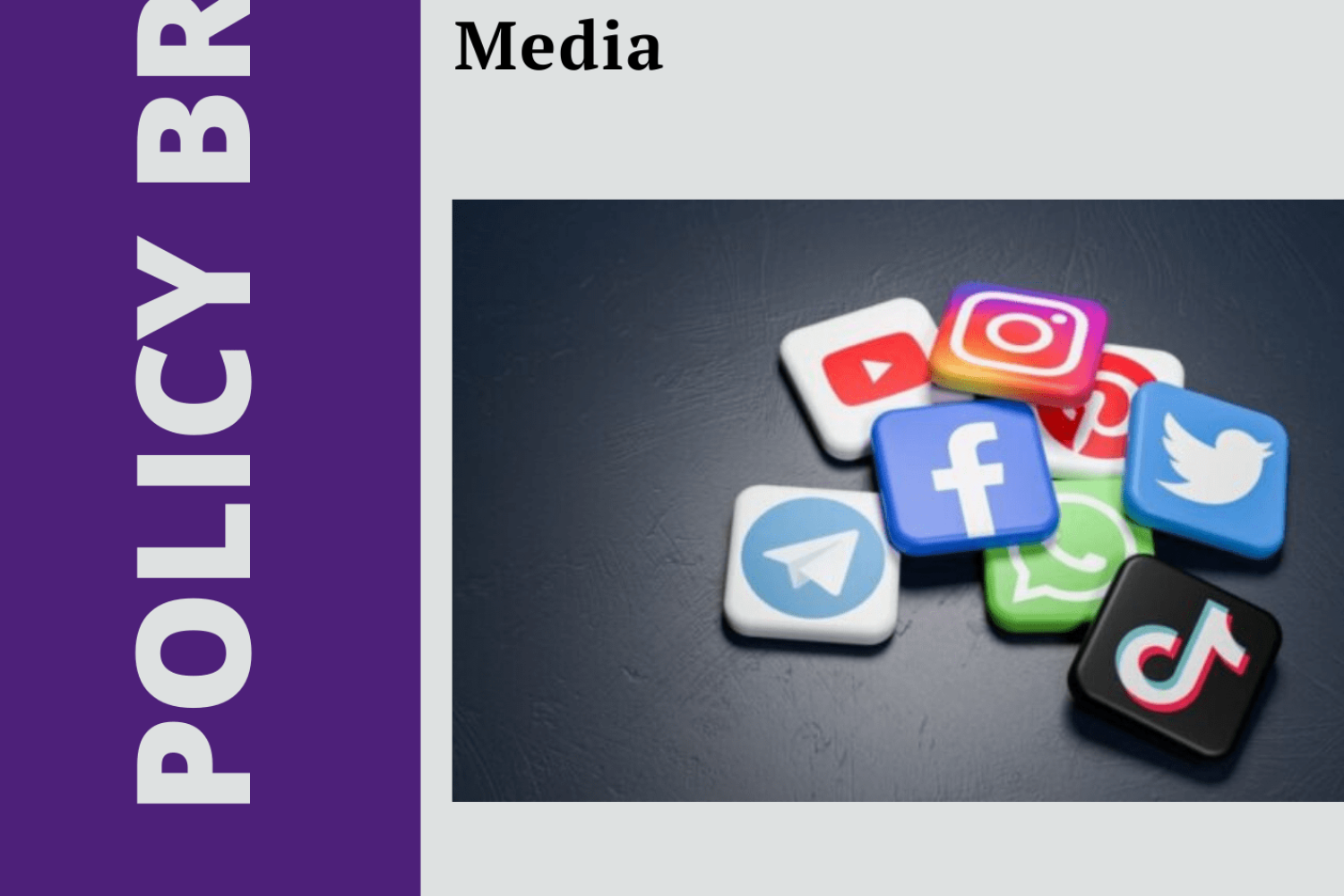2024-06-12 03:00:18
This policy brief examines the role of political parties in Georgia’s young democracy, focusing on their use of social media (SM) to engage with voters. It highlights the strategic importance of messaging in attracting and retaining the electorate’s trust. The brief notes a significant public trust deficit regarding Georgian political parties, with over 50% of the population expressing no affiliation or declining to answer survey questions about party preference. The upcoming 2024 election is seen as critical to Georgia’s return to democratic progress, with recent mass protests underscoring the public’s aspiration to join the European Union. The study analyzes the social media communication of the ten largest parliamentary parties, monitoring their Facebook pages in two time periods: December 2023 and April 2024, exploring the extent to which parties’ content is issue-based, personalized, and targeted, and identifies creative methods to engage with the public online. The brief concludes with recommendations to address communication gaps and enhance parties’ digital engagement strategies.
Keywords: political parties; Georgian politics; strategic communication, social media communication
Policy Brief #60 | June 2024
This publication has been produced with the generous support of the Embassy of Switzerland in Georgia. The opinions expressed are those of the author and do not necessarily reflect the views of the Georgian Institute of Politics and the Embassy of Switzerland in Georgia.





